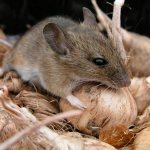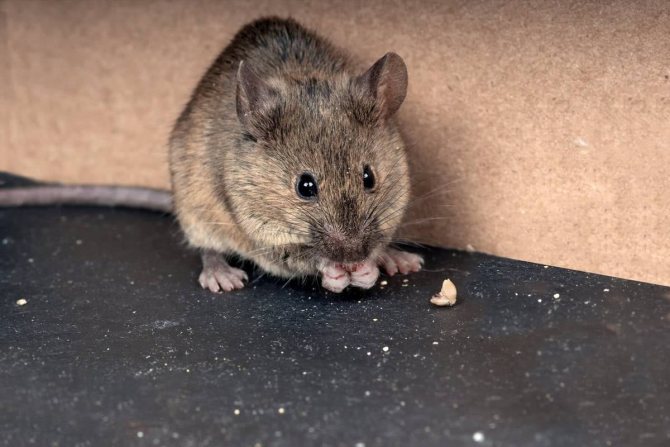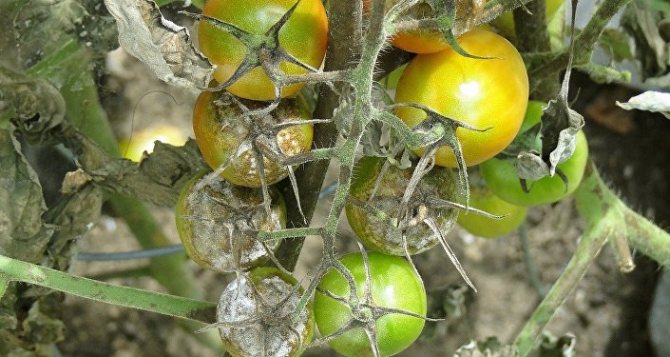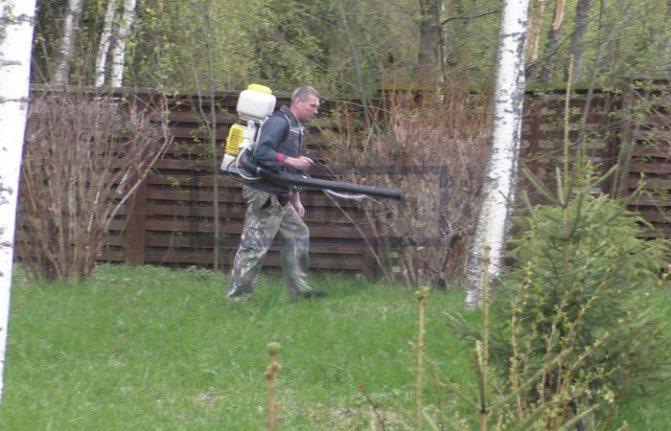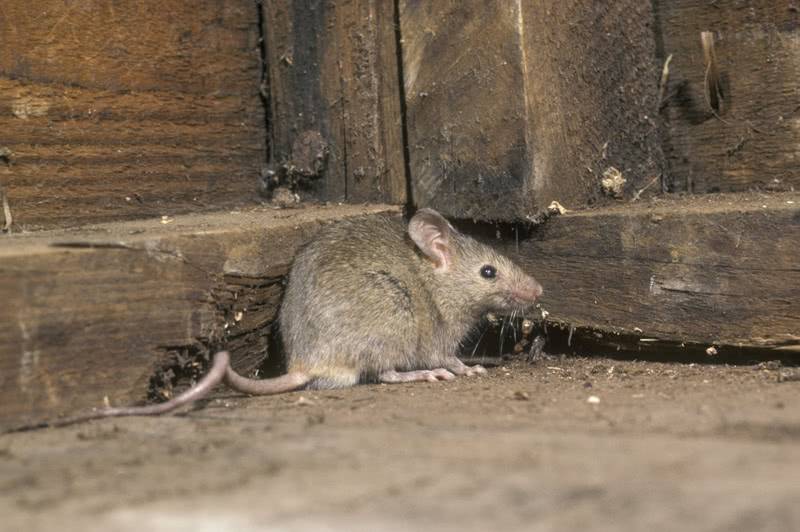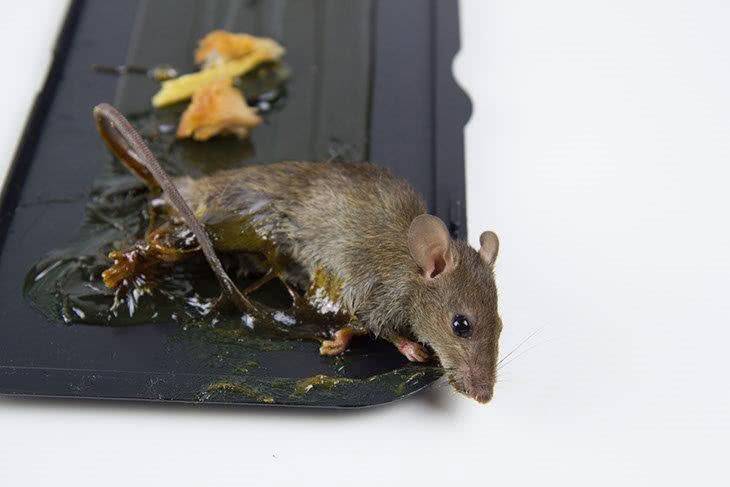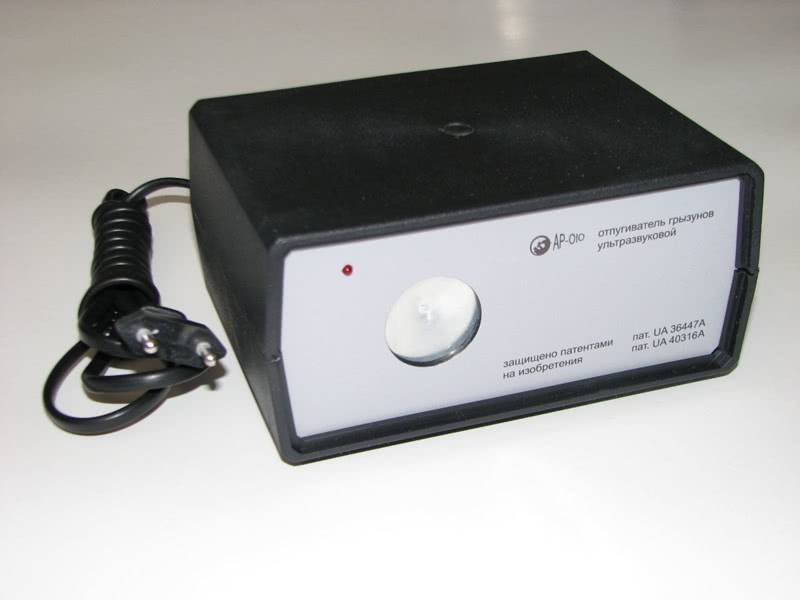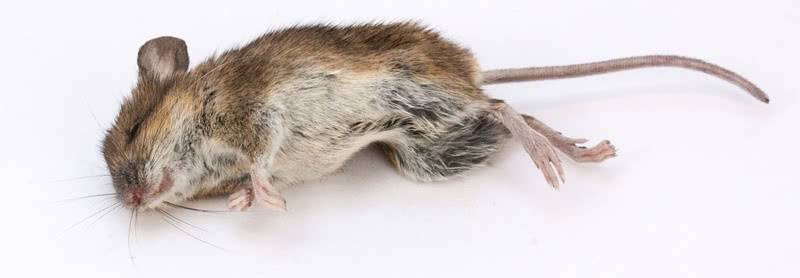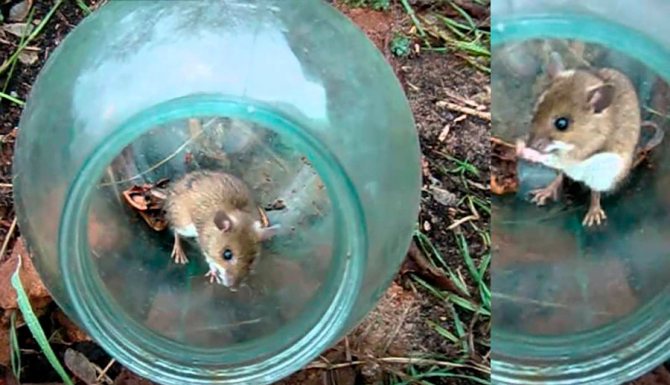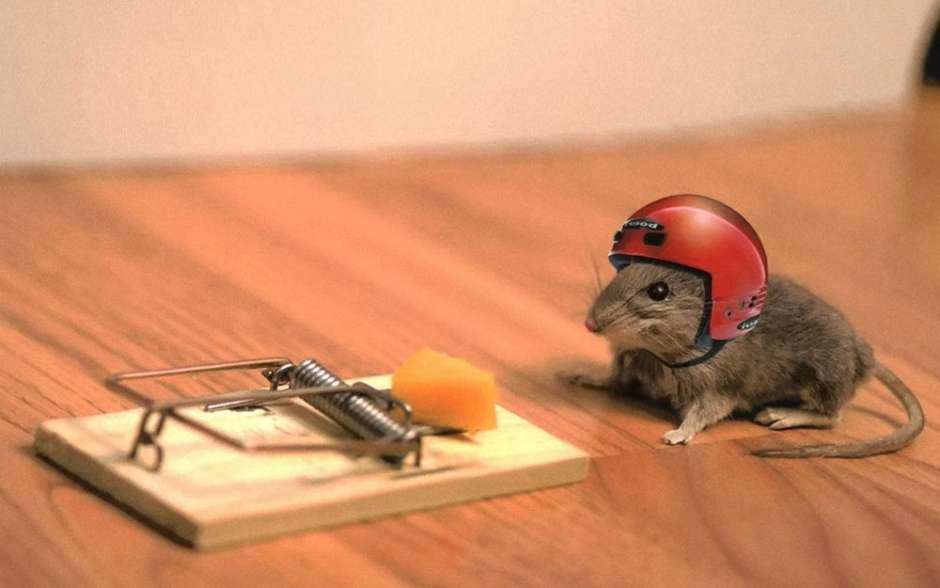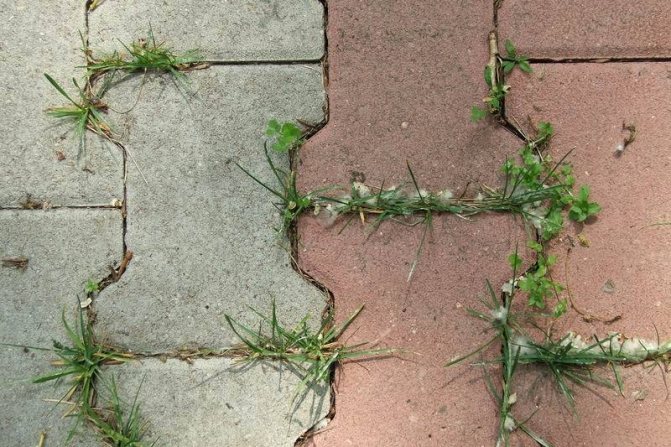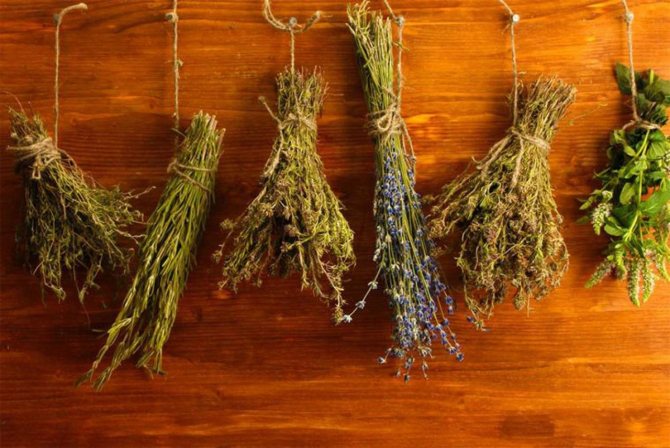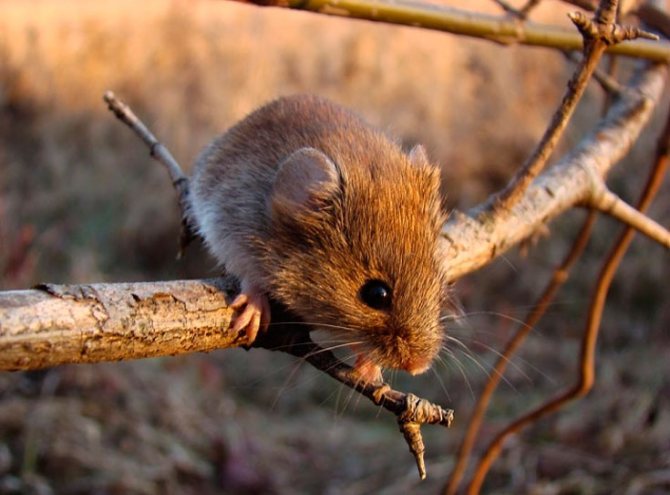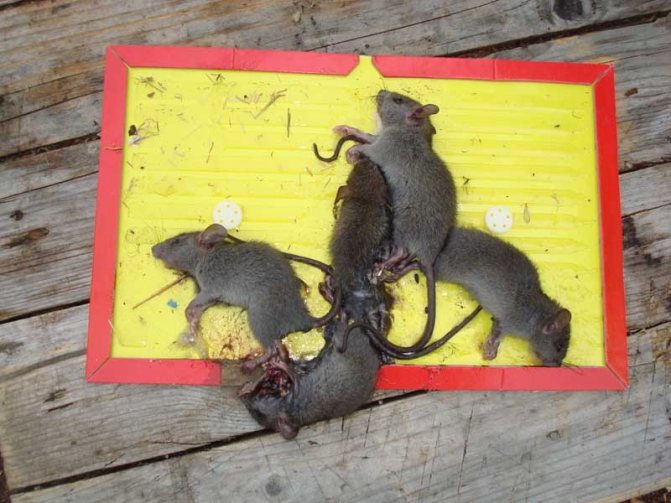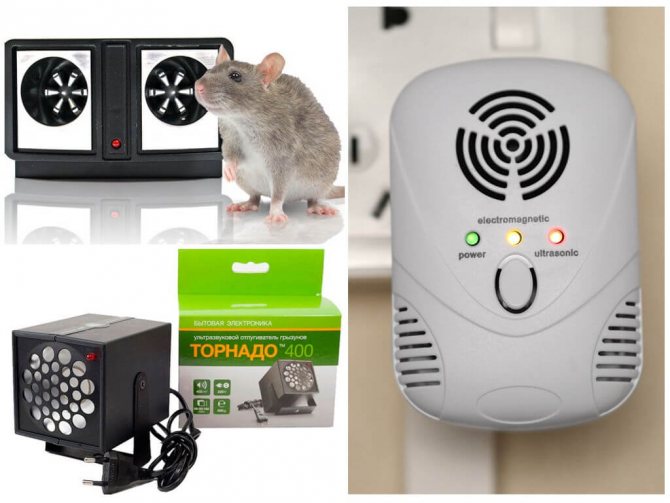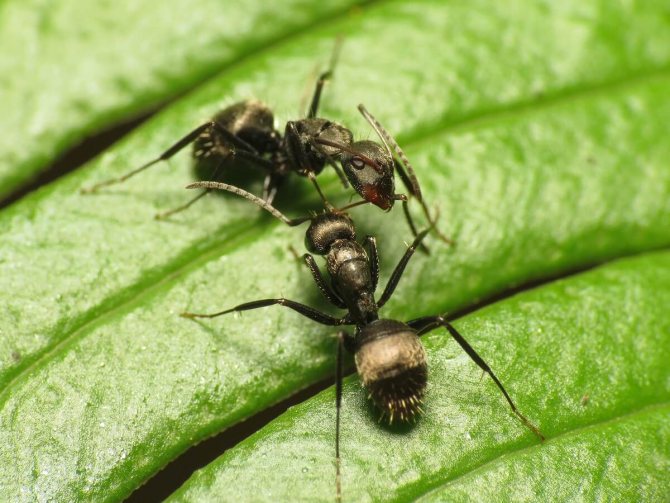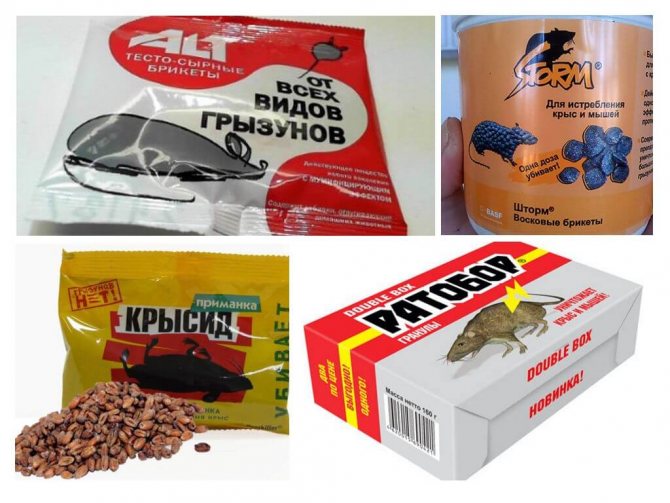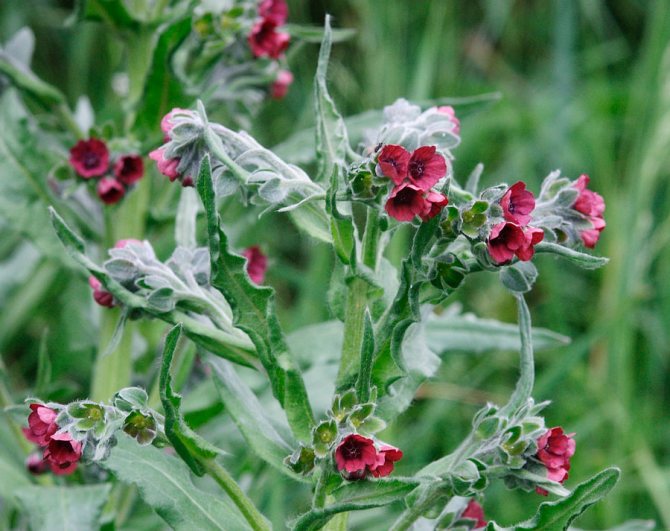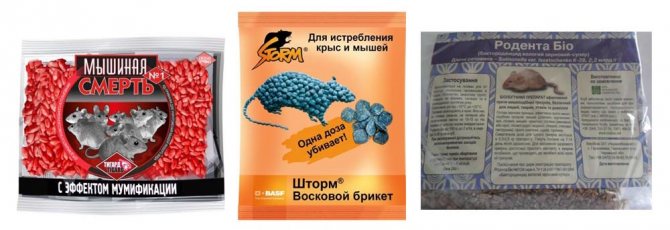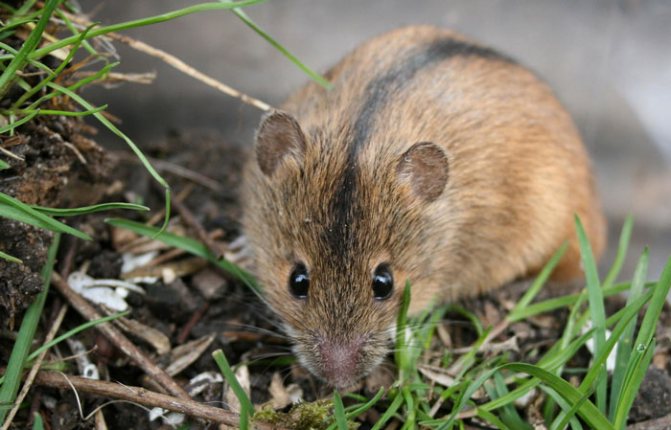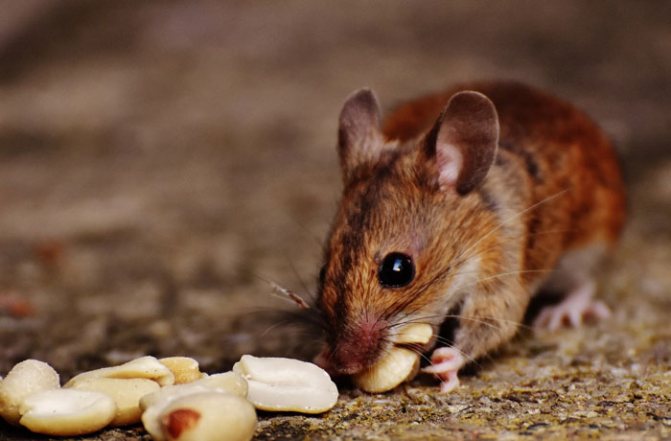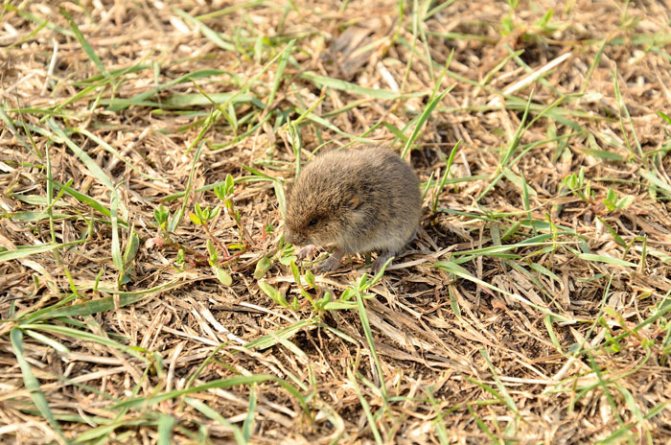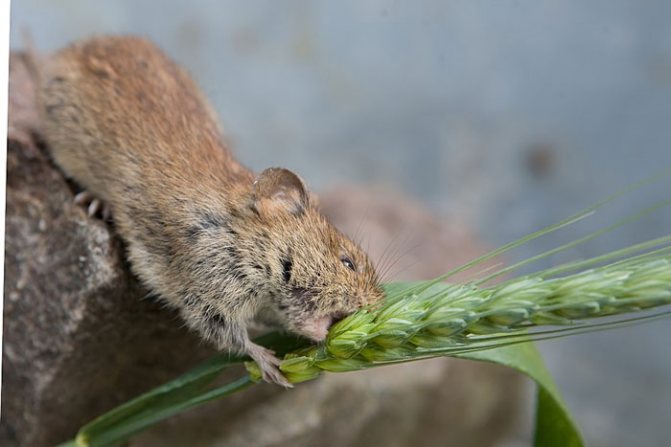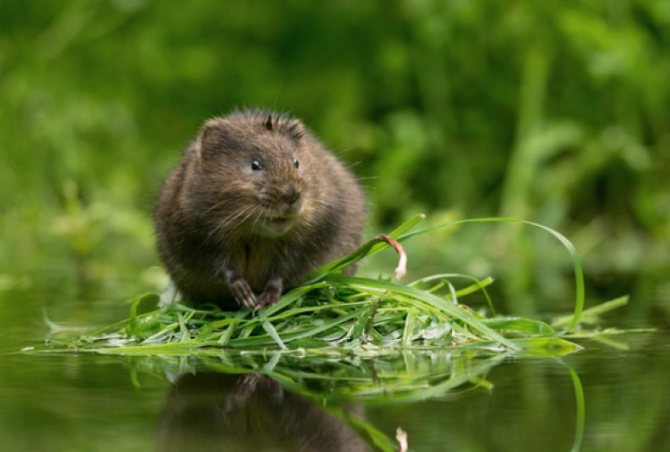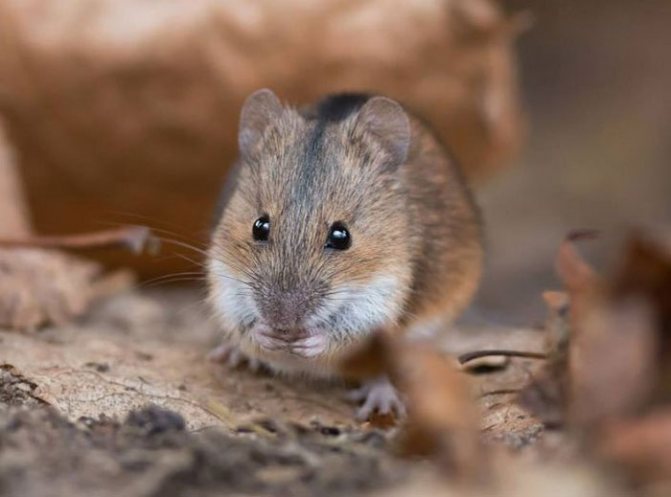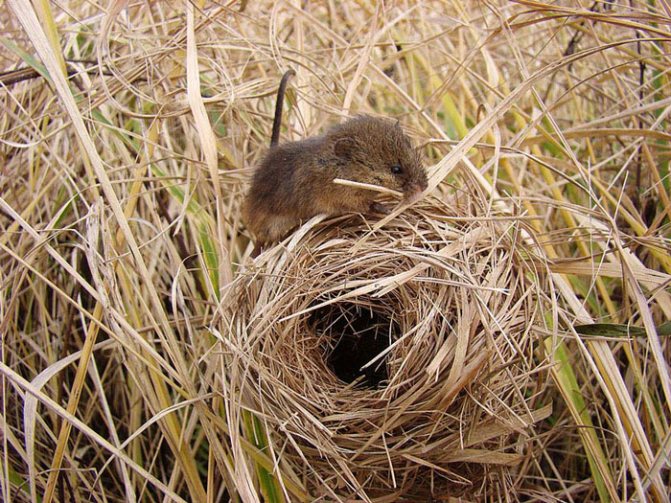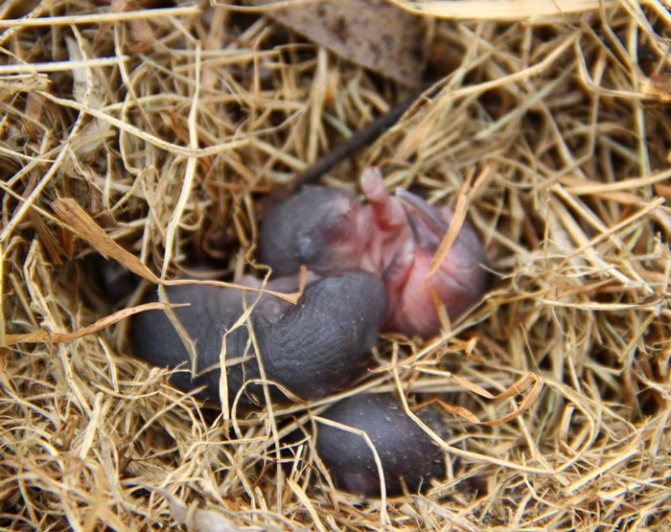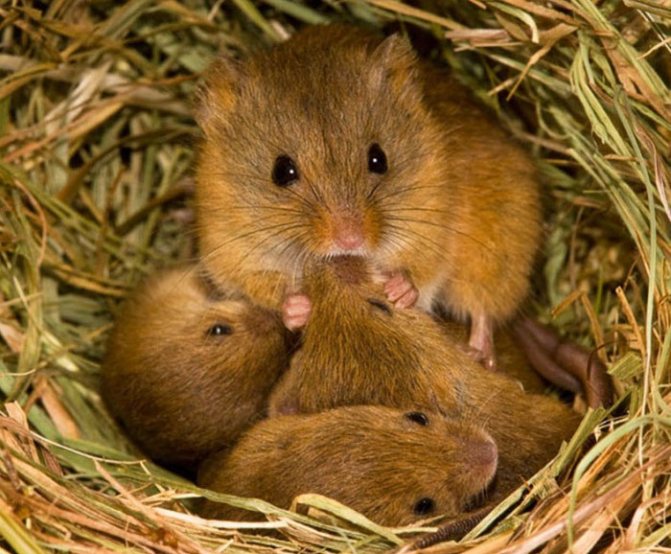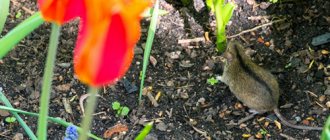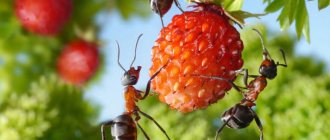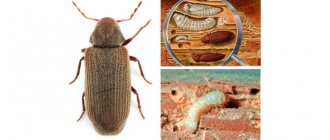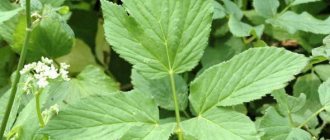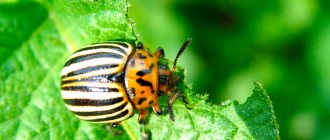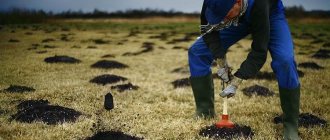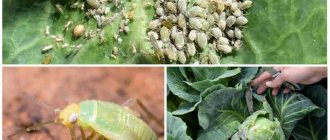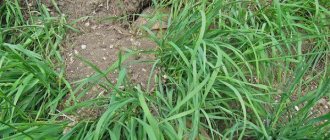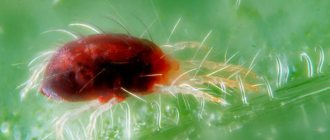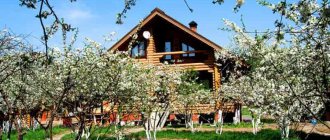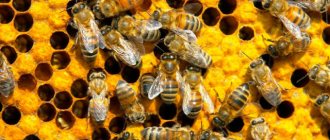What is the danger of settling mice in the garden
Both house mice and short-tailed voles that settle in a country house and in a garden can cause a lot of trouble to a person:
- create a fire hazardous situation in the event of damage to electrical wiring or wires in the country;
- mice are carriers of infections and diseases;
- spoil the products stored in the dacha and in the cellar, which after them become unsuitable for eating;
- with their long life in the room there will be an unpleasant "mouse" smell, which causes rejection or allergies;
- on the garden plot, flower bulbs and tree roots suffer from vole mice, they gnaw holes in the ground, damaging the root system of plants.
Therefore, it is necessary to fight mice in the country by all available methods and these activities should be started faster, until the rodents have caused great damage.
Human harm
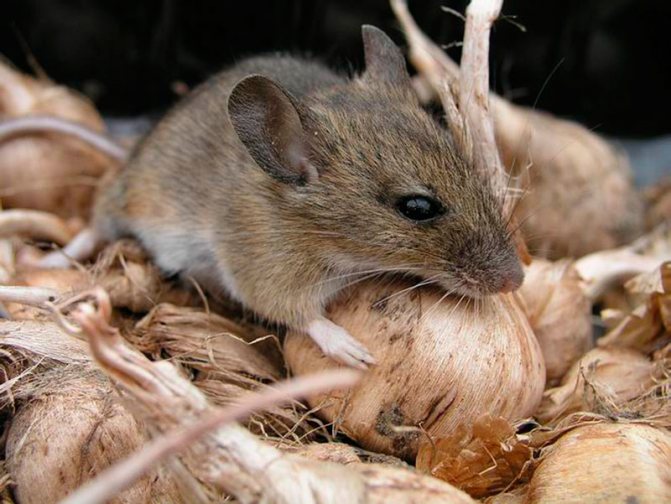
This rodent is quite large in comparison with other types of mice, therefore it is quite dangerous for agriculture. They spoil crops both in the field, which has not yet been harvested, and in granaries, as well as in other warehouses where food is stored. When they want to eat, and they always want to eat, they eat grain, tomatoes, sunflowers, cabbage, carrots, beets, etc.
When they get into the cellar, they can destroy all the supplies, most of which the rodent simply spoils and a person cannot eat such products. With the onset of spring, the pest moves to the site, where it begins to eat young shoots of cultivated plantings, which causes serious damage to the crop that has not yet appeared. Therefore, if a vole mouse appears on the site, it is necessary to immediately take measures to destroy or expel it. It must be remembered that this rodent reproduces quickly enough.
Prevention of the appearance of mice in the house
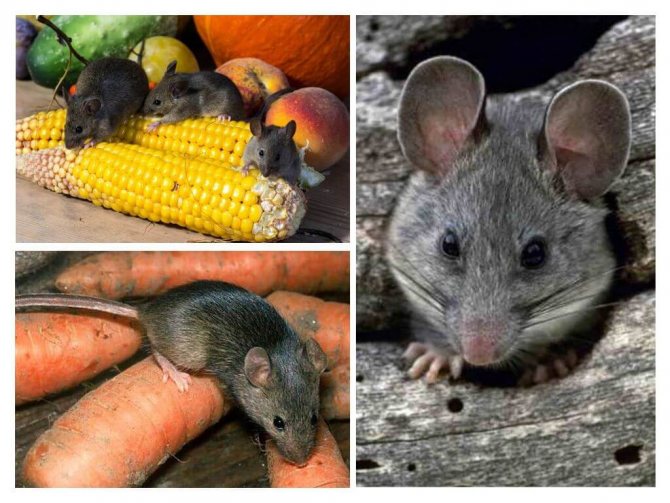

Harm from mice in the country
Small pests can penetrate into any building through very small openings and crevices, therefore, for prevention purposes, it is very important to try to make the dacha room the most airtight. To do this, it is necessary to carefully examine the walls for holes and mouse passages, which are available - to be repaired using glass wool or a fine metal washcloth.
For sealing, you can use a sealant or polyurethane foam, pay special attention to the holes through which the hoses from the air conditioner are inserted, and also cover up all the cracks around the windows and doors of the cottage.
On a note!
To prevent mice from finding food, they should be stored in special containers. Keep the kitchen clean, clean the floor and other surfaces regularly, leave no food residues and make sure that the taps do not leak. Trash cans are also best kept sealed.
Reasons for the appearance
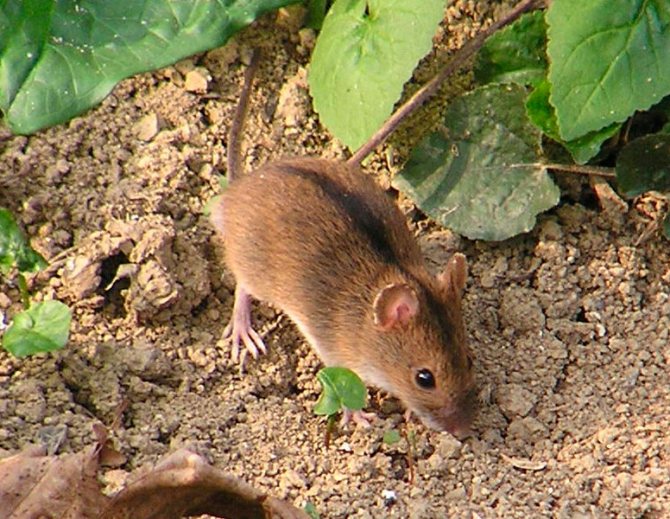

These small animals constantly migrate in search of food. You can always find something to profit from at a summer cottage or a personal plot. Food can be found not only in summer, when it is grown by the owner, but also in winter, when the owner stores food for the winter. Therefore, when it is cold, the most attractive are warehouses, basements, cellars, etc. In addition, the vole is able to get into a human dwelling. She will feel good in the kitchen, where she can find leftover food and water for herself.It penetrates into the house through various cracks in the floor, through open windows and doors, if there is no obstacle for it.
Determining that a mouse has appeared in the house is not at all difficult. Its presence gives out a kind of "mouse" smell, as well as the presence of the remains of this animal on the floor or in other places. In the garden, it is also not difficult to determine the presence of a vole by the presence of minks. In addition, they are constantly gnawing something. This is due to the fact that teeth in a rodent grow throughout life and must be ground. In winter, the mouse feeds on the bark of various shrubs, as well as fruit trees, which causes serious damage to cultural plantings.
Ways to fight mice in the country
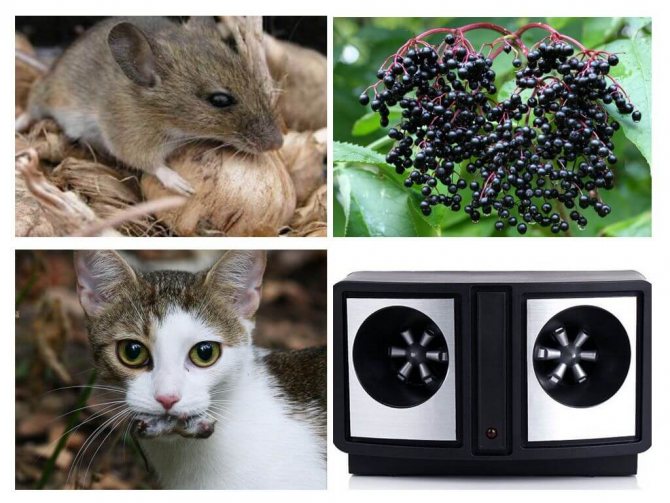

Rodent control methods
Gardeners suffer from mice and have been fighting with them for several hundred years, but due to their large numbers and high birth rates, mice continue to annoy them regularly. Over the years, effective remedies for mice in the country have been developed and many ways to get rid of them, which can be divided into 2 groups:
- scaring off and preventing the appearance of rodents in the country and the site;
- destruction of pests.
Preventive and deterrent methods of dealing with mice in the garden and at home include:
- The easiest way is to get a cat that will catch mice in the yard and in the house. It is only important to remember that the use of poisons in this case is prohibited, otherwise not only rodents, but also the cat will die.
- Methods of struggle with folk remedies are very common - the creation of a fencing barrier from plants, poisonous or those whose smell will scare away rodents: garlic, wormwood, black root, tansy, imperial hazel grouse, wild rosemary foliage, elderberry branches, walnut leaves. Plants are planted or laid out in bunches near mouse holes, periodically changing to more fresh ones.
- To protect the bushes and trees, a celandine cut is added to the trunk circles, for the winter, the trunks of fruit crops are protected by wrapping them with a layer of spruce branches, plastic from under bottles, roofing felt or birch bark, in winter they make the snow around the trees.
- The use of essential oils of mint, sharp-smelling substances (ammonia, kerosene, etc.), the smell of which pests are afraid, is used from field mice at their summer cottage: cotton pads or rags soaked in oil are laid out in their habitats
- One of the original ways to drive out rodents is to use used cat litter, which gardeners scatter around the perimeter of the cottage, plot and buildings, because the garage and chicken coop are especially attractive to mice.
- Applying ultrasonic repellents, they are sold in hardware stores or supermarkets. Such devices emit ultrasound waves, which make rodents run away from the sound source, which will permanently get rid of mice in the country and in the garden.
Important!
Some ultrasound rodent repellents can negatively affect not only mice, but also pets, which should be considered when buying.
Rodent extermination
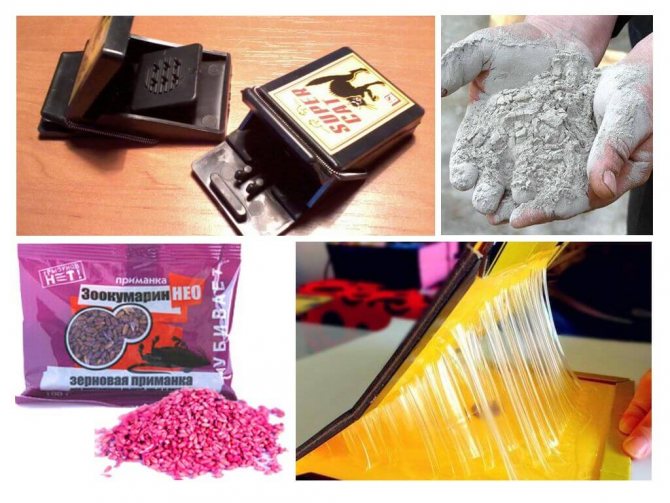

Mouse remedies
Control measures aimed at the destruction of pests are:
- Setting up mousetraps and traps, which are best checked daily.
Important!
In order to avoid infection or infections, in no case should you get a dead mouse out of the trap with your bare hands, it is better to use a plastic bag or gloves, and then wash the mousetrap thoroughly.
- The placement of poisonous drugs added to baits is most often used coumarin, arsenic, warfarin. When choosing what to poison rodents, it is necessary to take into account that they adapt well to previously used poisons, so it is better to change them. You should also remember about the presence of pets, because eating a poisoned mouse, cat or dog can also be poisoned.
- Using a bait made of gypsum and cereals, next to which they put a bowl of water: the animal will eat the bait, drink water, and the gypsum inside will harden, causing its death.
- Glue traps, which are sold in stores, catch the mouse with the glue it gets into while trying to get the bait.
- You can fight rodents in winter by spreading hose cuts around the trees, where bait with poison is placed.
All mouse traps and traps are best placed in places where mouse droppings or their holes are found. In the garden, voles often settle and climb out of a warm garden bed, where in the lower layers they safely build nests and reproduce.
Vole mouse: description
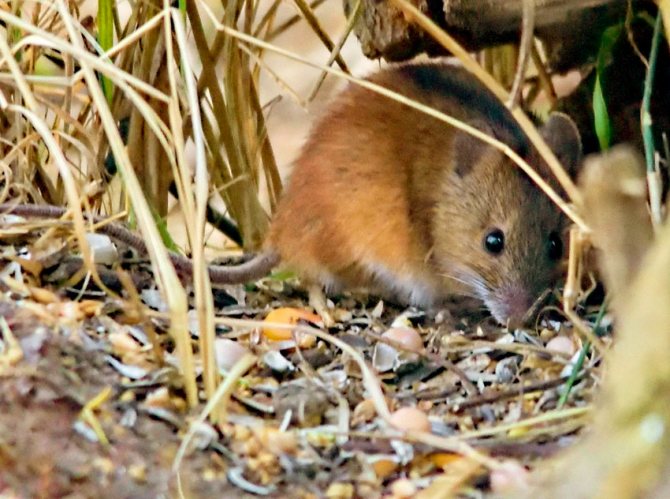

The vole mouse is a pest that is not large in size from its congeners. These living creatures grow up to 130 mm in length, with 70% of the individual being its tail. The animal has small brown eyes and a pointed muzzle. The ears of the animal are pressed to the head and slightly inclined forward. Despite its very small size, the rodent can cause considerable damage to the plantings of various crops.
The mouse is characterized by coarse, coarse hair that has a beige, gray or brown color, depending on the habitat. On the back, you can see a black, longitudinal stripe, and the lower part of the abdomen is painted white. The color of the rodent also depends on age: younger individuals are distinguished by a darker body color, adults have a slightly lighter shade, and older individuals are distinguished by a beige tint, with the presence of gray hairs.
This pest is widespread throughout Europe, in China, Taiwan, and Mongolia. Despite its name - vole, the rodent does not like to settle in the field, but chooses areas located on forest edges with a lot of grass. In addition, he can choose greenhouses, cellars or living quarters. With the arrival of winter, the vole mouse moves to places where hay, straw and other plant components are stored.
They can wait out the winter in natural shelters or in self-dug burrows. At the same time, they are able to dig holes for themselves, up to 4 meters long. One of the exits will always lead to a reservoir. In addition, there is a place for a nest, as well as for food supplies. They are usually located at a depth of 1 meter. Basically, the vole mouse selects areas with high humidity. Swampy places meet these conditions.
The rodent is highly fertile. Reproduction is carried out from spring to late autumn. During this period, the animal is able to lead up to 4 broods, with the number of mice up to 4 or 5. Therefore, it is quite difficult to cope with the pest. In such cases, the pest should not be allowed to multiply.
It is quite easy to recognize a rodent from its relatives, according to a number of characteristic features. For example:
- This type of animal has a longitudinal black stripe on its back.
- Vole mice are somewhat large.
- Voles, in appearance, are similar to Daurian hamsters, but have a longer tail.
- The vole differs in that the duration of puberty is about 100 days.
- Mice can appear in premises where crops are stored.
- In conclusion, vole mice prefer wetter areas for their life.
On a note! As a rule, rodents show their activity in the dark, but in winter they do not rest even during the day. These small animals do not hibernate for the winter, so they need to constantly feed on something.
How to protect root vegetables from mice
Some of the most valuable plants in the garden are root crops, which usually ripen in late summer and early autumn, and during the same period are often attacked and nibbled by mice. There are several ways to save potato planting, to protect beets in the garden:
- A proven preventive measure of protection against mice in the garden in August-September is digging in carrot and potato beds around the perimeter and in the aisles, which destroys the mouse passages.
- Sprinkling ash on the tops of root crops, this technique is also used in the cellar, when the harvest has passed and potatoes are put there for the winter.
- You can save carrots or beets by choosing a seat away from the fence, closer to the middle of the garden.
- Water the beds with ripe roots with a solution of water and the contents of the cat's tray.
Breeding mice in the country and in the garden is a long and continuous process, because in the autumn-winter period, all rodents move closer to sources of food and heat. Therefore, it is necessary to destroy these pests constantly, using various methods.

